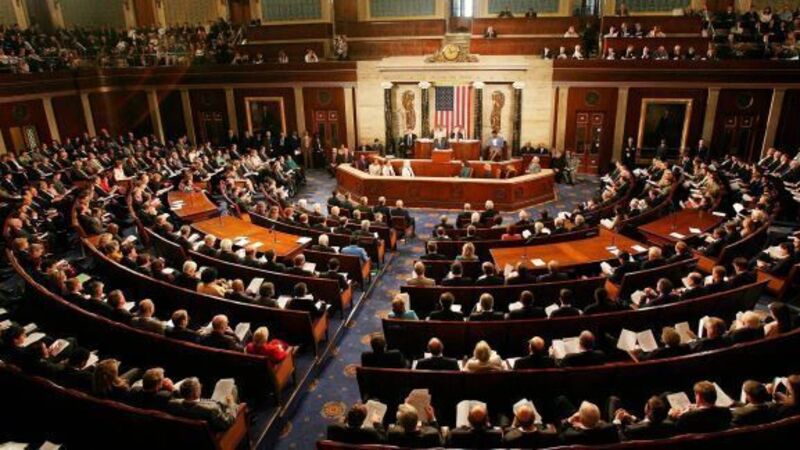Global markets surge after ‘cliff’ deal

If US authorities had not reached agreement then a series of swingeing spending cuts and tax rises would have been automatically introduced.
But analysts say the stock market rally will prove short lived because there are a number of looming political and economic hurdles that must be overcome before there is a durable recovery.
















